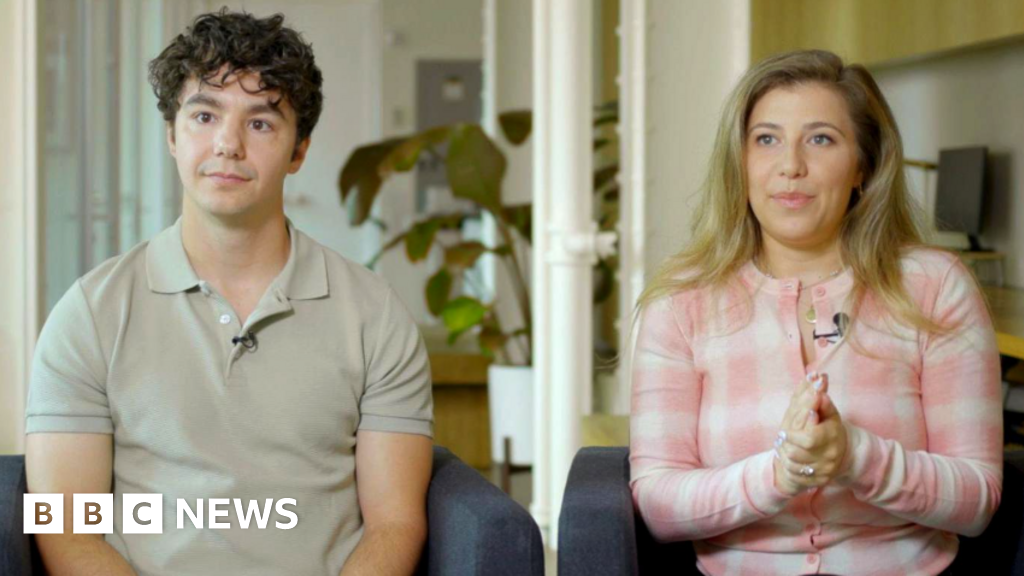Federal judge says voice-over artists' AI lawsuit can move forward
Federal judge says voice-over artists' AI lawsuit can move forward

The two voice over artists allege their voices were stolen by an AI voice startup.
Read the full article on BBC World
Truth Analysis
Analysis Summary:
The article appears mostly accurate. The core claim that a federal judge is allowing an AI lawsuit by voice-over artists to move forward is supported by multiple sources. There is minimal discernible bias in the reporting.
Detailed Analysis:
- Claim:** "Federal judge says voice-over artists' AI lawsuit can move forward."
- Verification Source #3: Supports this claim, stating "A federal judge in New York ruled on Thursday that a pair of voice actors can move ahead with a lawsuit accusing AI voiceover startup Lovo..."
- Verification Source #2: Supports this claim, stating "Judge Advances Copyright Lawsuit by Artists Against AI Art ... with a federal judge allowing key claims to move forward."
- Verification Source #4: Supports this claim, stating "A federal judge refused to acknowledge that the companies can avail ... move to dismiss the suit while allowing some key claims to move forward."
- Claim:** "The two voice over artists allege their voices were stolen by an AI voice startup."
- Verification Source #3: Supports this claim, stating the lawsuit accuses "AI voiceover startup Lovo..."
- Verification Source #2: Supports this claim, stating "Judge Advances Copyright Lawsuit by Artists Against AI Art..." which implies the artists are claiming their work was used without permission.
Supporting Evidence/Contradictions:
- Verification Source #3: provides direct support for the core claim, confirming the judge's decision and the nature of the lawsuit.
- Verification Source #2: also supports the core claim, indicating a judge is allowing key claims to move forward in a copyright lawsuit related to AI art.
- Verification Source #4: provides similar support to Verification Source #2.
- Verification Source #1 and #5: are less directly relevant, focusing on copyright issues related to AI-generated art and a separate lawsuit involving George Carlin's estate, respectively. They provide context but don't directly verify or contradict the BBC article's specific claims.
